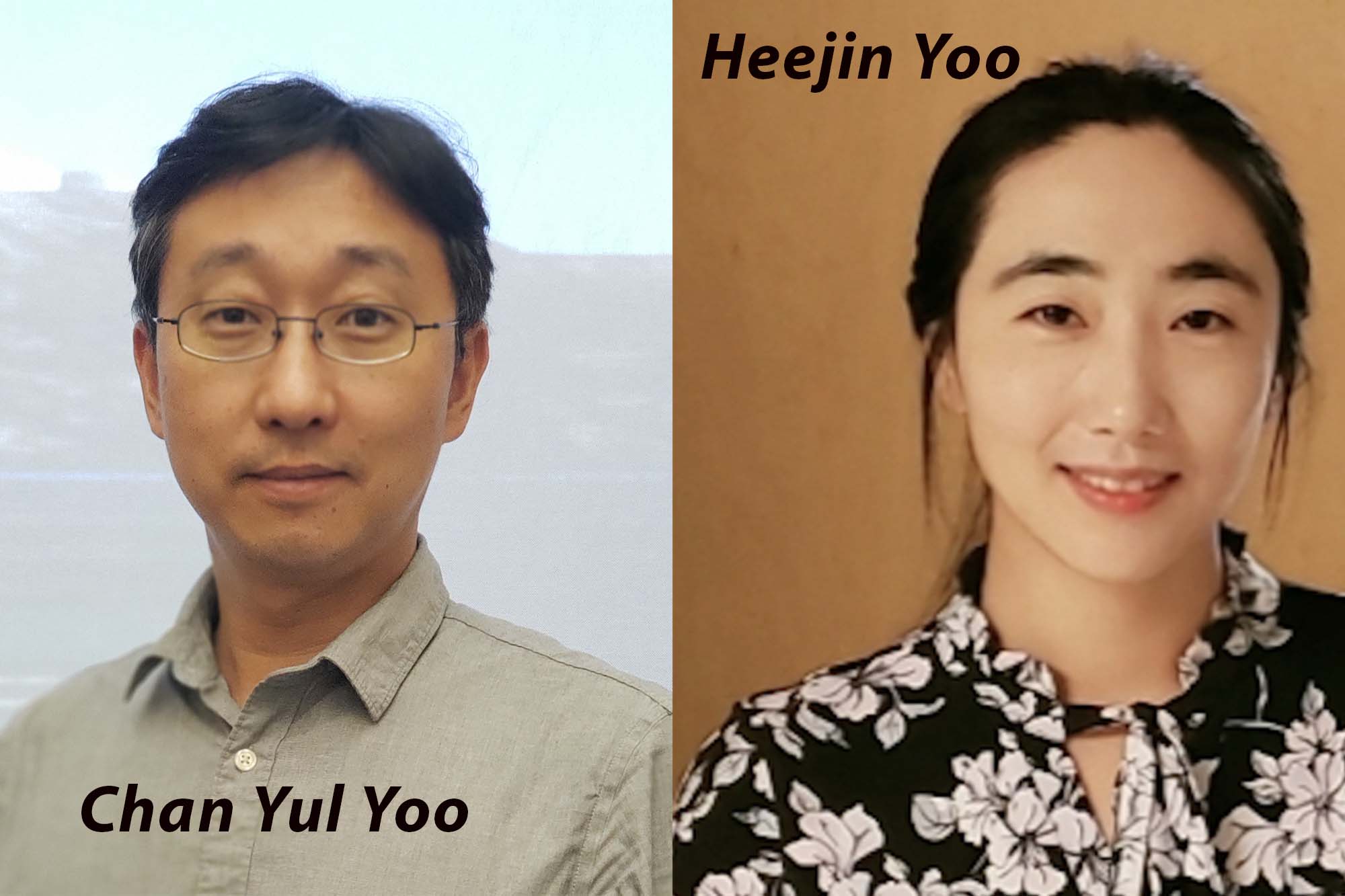
“My main research is focused on understanding how plants coordinate metabolic pathways and defense mechanisms to optimize plant growth and defense,” says Heejin. Since plants do not have specialized immune cells, plants need to allocate their energy and resource properly to either growth or defense depending on environmental conditions. “My research is to understand the underlying mechanisms through transcriptional and translational regulation, and metabolic dynamics during plant innate immunity.” This research, she explains, will ultimately enhance our knowledge of molecular mechanisms and interactions between defense signaling and metabolic regulation to optimize or maximize crop yield and disease resistance. “Specifically, projects in my lab include; 1) Regulatory mechanism of salicylic acids for plant immunity in various plant species, 2) The role of amino acids for plant immunity, 3) Global translatome analysis using ribosome profiling during plant systemic immunity, 4) Functional analysis of metabolic pathways during plant immune response, and 5) The role of helper NB-LRR for plant immune mechanisms.”
On behalf of all of us at the School of. Biological Sciences, especially Co-Directors Leslie Sieburth and Neil Vickers, Welcome to the Beehive State!
